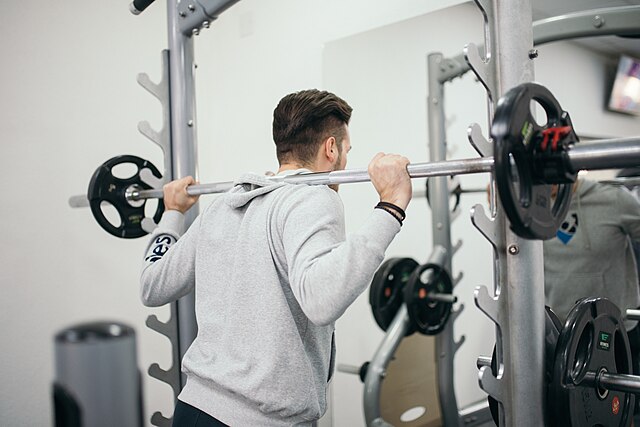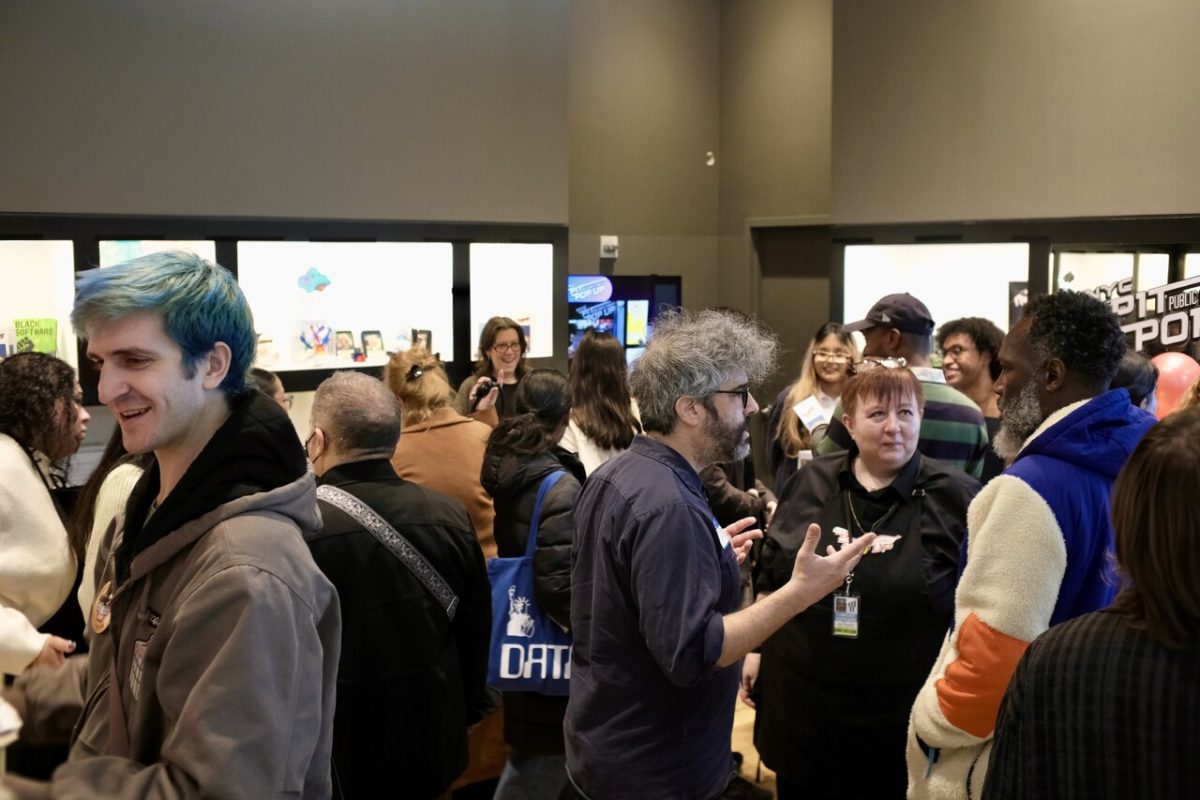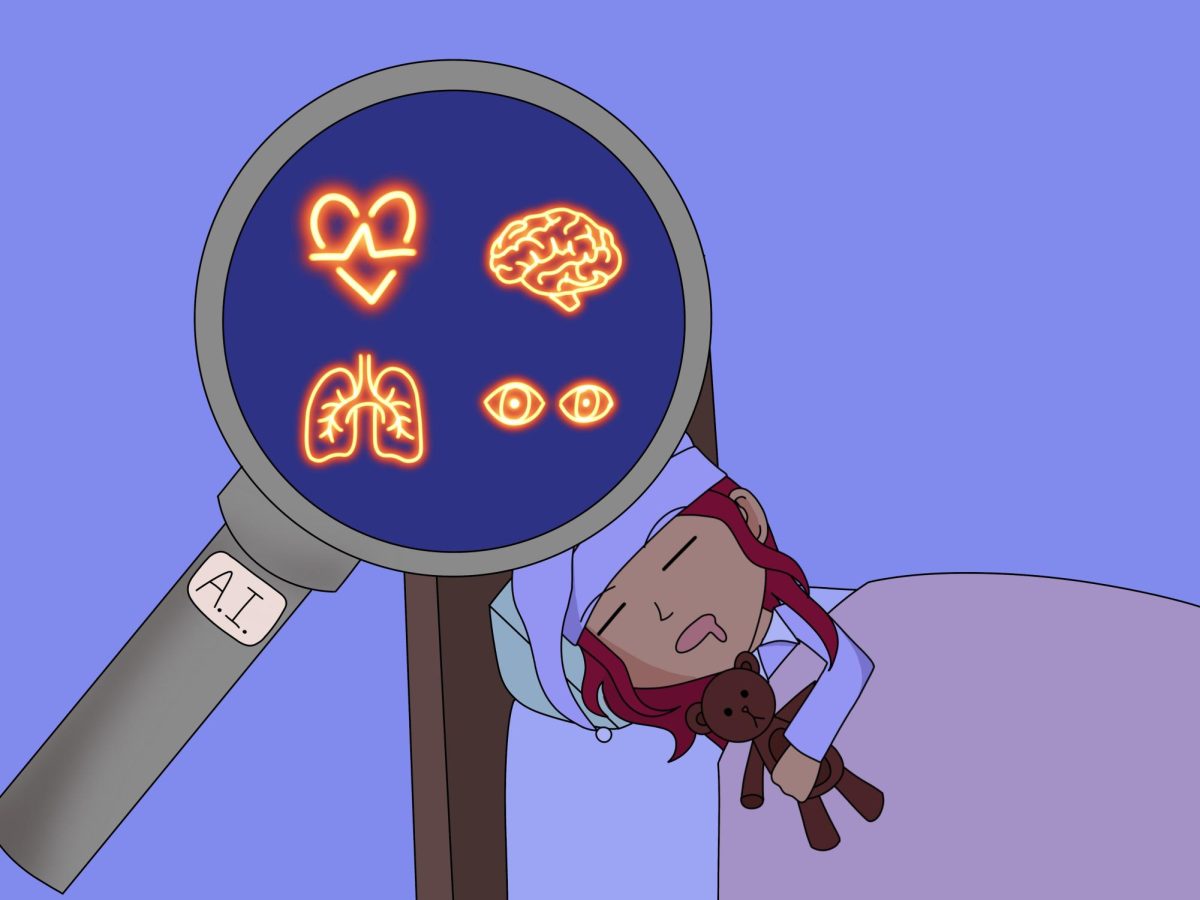We are surrounded by plastic every day of our lives, from the moment we wake up in the morning to the moment we go to sleep. Our morning routines consist of washing our face, brushing our teeth and taking a shower. In such a short amount of time, we have used at least five items made of plastic, from our toothbrush to our face wash, and we haven’t even taken a second to notice.
This is a problem because plastic is what we call a tragedy of the commons because we overuse the natural resource of petroleum in our environment in ways that contribute to toxins.
These toxins make their way into our bodies through our food and water.
A scientific study following plastic in our food chain found nine different types of plastic in the stool of participants from Japan, Russia and Europe. The participants were from different regions of the world, showing how this is not just a problem for the individuals, but a problem that affects all of us.
Plastic has made its way into our daily lives through our “need” for luxury and efficiency. This is obvious when considering the case for straws.
Many people go to franchises such as Starbucks and Dunkin Donuts where they serve their beverages in plastic cups with a plastic straw, and people use these plastic products every day without necessarily needing them.
There has been an estimated “8 million tons of plastic entering the ocean each year,” according to Science Journal. If the choice of using a straw or other form of plastic were eliminated, it could reduce the amount of plastic pollution sitting in landfills or oceans.
City councilman Rafael Espinal of Brooklyn introduced a bill called Int. 1407-2019, which would ban “single-use plastics for which there is a reasonable sustainable alternative,” according to the Brooklyn Daily Eagle. This implementation of a ban on plastic would effectively remove individual choices when it comes to the health and safety of ourselves and the environment, which have proven to be ineffective measures to rely on.
Students at Baruch College are primarily focused on careers in business, and many businesses are the culprit of an overuse of petroleum in order to benefit economically. In the event that Baruch students become CEOs of major corporations, they have the opportunity to evoke change that can benefit their own health and the health of their children through incorporating sustainability as a focal point of their businesses.
There are, however, simpler ways to reduce individual use of plastic, such as using a reusable thermos when heading to Starbucks in the mornings before class and recycling plastic instead of leaving it behind in classrooms so that they are improperly discarded into landfills. Plastic is a toxin that doesn’t set off alarms of danger in our bodies, but it should.
Baruch as a campus and a community can reduce the usage of plastic by raising more awareness about the importance of using the recycle bins correctly.
However, another step can be implemented within the campus. Every floor has a vending machine filled with products wrapped in plastic. The first floor dining area also offers food wrapped in plastic.
Replacing these popular name brands with more environmentally friendly products can help reduce plastic usage throughout Baruch. This might affect the sales at first because some Baruch students may be put off. But with enough promotion from within the campus, this can encourage the college to continue with the change. Some name brands, such as Sun Chips, have already stepped up to the plate to create a better tomorrow.
This may even promote more change throughout the campus.









Bearcat • Mar 15, 2019 at 9:40 pm
This position maintained in this article is either ignorant or naive.